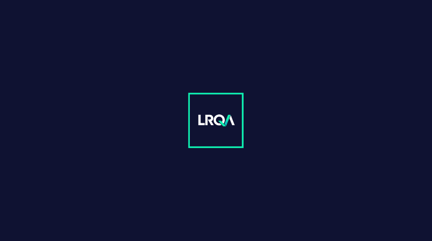Overview
This ISO 9001 internal auditor course is structured to help delegates understand ISO 9001:2015 as a model of best practice, adopted by organisations with or without formal certification. It introduces the Plan-Do-Check-Act (PDCA) business cycle and connects it directly to real-world operations.
The course also challenges ineffective practices and addresses common myths around quality management, enabling auditors to add value rather than bureaucracy.
Who should attend this ISO 9001 Internal Auditor Training?
This course is ideal for:
- Professionals seeking a solid understanding of ISO 9001 and QMS standards
- Individuals aiming to qualify as internal QMS auditors
- Team members supporting continuous improvement initiatives within their organisation
What will you learn?
- The purpose of management systems standards and the scope of ISO 9001
- The common structure for management systems standards and the content of ISO 9001
- The approaches that underpin 9001 including:
- the process approach
- the Plan-Do-Check-Act cycle
- risk based thinking
- The quality management principles and how these relate to the content of ISO 9001
- The requirements from ISO 9001 and explain how these requirements could be met
- How to apply ISO 9001 requirements to operational processes and explain their interrelationship
- The role management systems and internal audits play in helping business manage their risks
- The roles and responsibilities of an internal QMS auditor
- How to plan your audits by developing effective checklists
- How to carry out your audits using LRQA's 6 stage approach
- To gather objective evidence through observation, interviewing and sampling of documents
- To evaluate audit findings and determine conformity, nonconformity and effectiveness
- To report findings accurately
- What corrective action is and who is responsible for taking action
- How to follow up and verify the effectiveness of corrective action taken"
Training from LRQA
With LRQA, you can access a wide range of courses to help you further your career and bring improvements to the management systems in your organisation. With many learning styles to choose from, our training courses can help you develop and reach your next level. Find out more about Ascend Training Courses from LRQA.
Your future development
Upon completing this ISO 9001 internal auditor training course, you may progress to:
Tailored Training Solutions at LRQA
At LRQA, we offer flexible training options to meet your organization's specific needs:
In-house Training
Training multiple team members? Our in-house delivery can be tailored to your organisation and is cost-effective for four or more participants.
Request a Quote
Customised Training
Work with our training experts to design a programme that matches your organisation’s specific needs and systems.
Develop a training course or programme specific to your exact requirements


